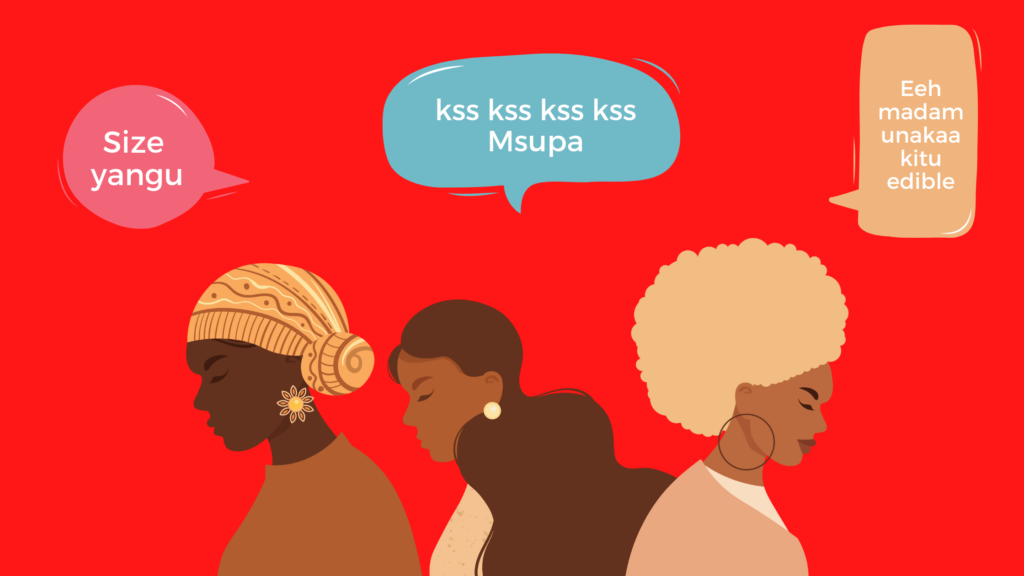
The promulgation of the Constitution of Kenya in 2010 brought a new life in Kenya. Among them is the reform of police services, geared towards modernizing and transforming the police agencies into professional and accountable police services responsive to the needs of Kenyans. This came after decades of law enforcement marked by police brutality, harassment, and extrajudicial killings.
A lot of changes have been witnessed in the National Police Service (NPS) in terms of administrative, institutional, policy, and legislative frameworks. However, despite all these efforts, a daunting task remains in boosting a good rapport between the police and civilians.
The acts of impunity by some members of the police service have greatly eroded the confidence of Kenyans towards the police. Most of the time, the police force is viewed as an enemy, a threat to life and peace, instead of being protectors of life.
Unprecedented violence, human rights, and dignity violations have hugely dented the image of the National Police Service; despite the many good acts of service, they have rendered to citizens.
However, as much as we would like to lean on the negative side of the police force, it would be a grave injustice not to mention the many good acts of service rendered to Kenyans by the police. There are many good officers who have done exemplary work for the people, and in them, “Utumishi kwa wote” has found its fulfillment.
Talk about the officer who traded a gun for chalk to teach some students at the Kenya-Ethiopia border. Not forgetting the 25 police officers recognized by Manu Chandaria for their good work. There is much to be said about the Kenyan police on the peace-keeping mission in South Sudan, honored by the United Nations. Many good, loyal, and dedicated members of the police service have proved time and again that the public can still trust them to protect them.
Changing the narrative
To avert further aggression between the community and the police force, we must look back and check where we went wrong as a country and find possible solutions to this menace.
Historically, a culture of impunity was passed down from the colonial era and is evident in post-colonial Africa. The colonists used African tribesmen to carry out punitive expeditions on their fellow Africans. In the same vein, the police have little regard paid to the law, and the fact that it is little or no accountability for the police does not help.
Secondly, how the police are trained could be a factor in explaining the violence exhibited by our men and women in uniform. If you have been to Kiganjo, you have seen how the recruits are subjected to dehumanizing and degrading exercises in the name of recruitment. The lack of professionalism in the process might explain the situation’s “Kwa ground”.
Lastly, the almost non-existent structures of civilian oversight do not make things better. The Independent Police Oversight Authority (IPOA) was founded in 2011 to investigate police brutality and killings as a way to check the power of the police. To date, only about 13 convictions out of 10,000 complaints lodged have been made.
The much-needed shift
There is a need for a 180-degree shift in mindset, which can only be brought about by training. If training is done properly, with regard to qualification and the dignity of the recruits, it will reflect on how they perform their duties. The training should focus more on human rights and the rule of law and be conducted in such a manner that the two are ingrained in the minds and hearts of the officers.
A powerless IPOA banking on the cooperation of the NPS will never perform as it ought to. The institution needs to have the power to compel the Inspector-General of Police to ensure accused police officers cooperate during investigations. Additionally, the government needs to allocate adequate funds to IPOA to enable them to conduct investigations.
Another way to enhance oversight of the NPS could be to devolve the police service, borrowing a leaf from the American model that has established police departments in each state. Devolving the police service would allow for easier management of the officers by the county government. This would increase accountability as compared to centralized control of the police service. Devolving would also make the police more responsive to issues affecting residents of particular counties. This will also enable IPOA to monitor and investigate independent police departments, unlike a centralized one.
As Kenyans, we also have an individual responsibility to ensure that “Utumishi Kwa Wote” becomes a reality through expressing themselves by raising their voices against impunity as well as by being law-abiding citizens.







